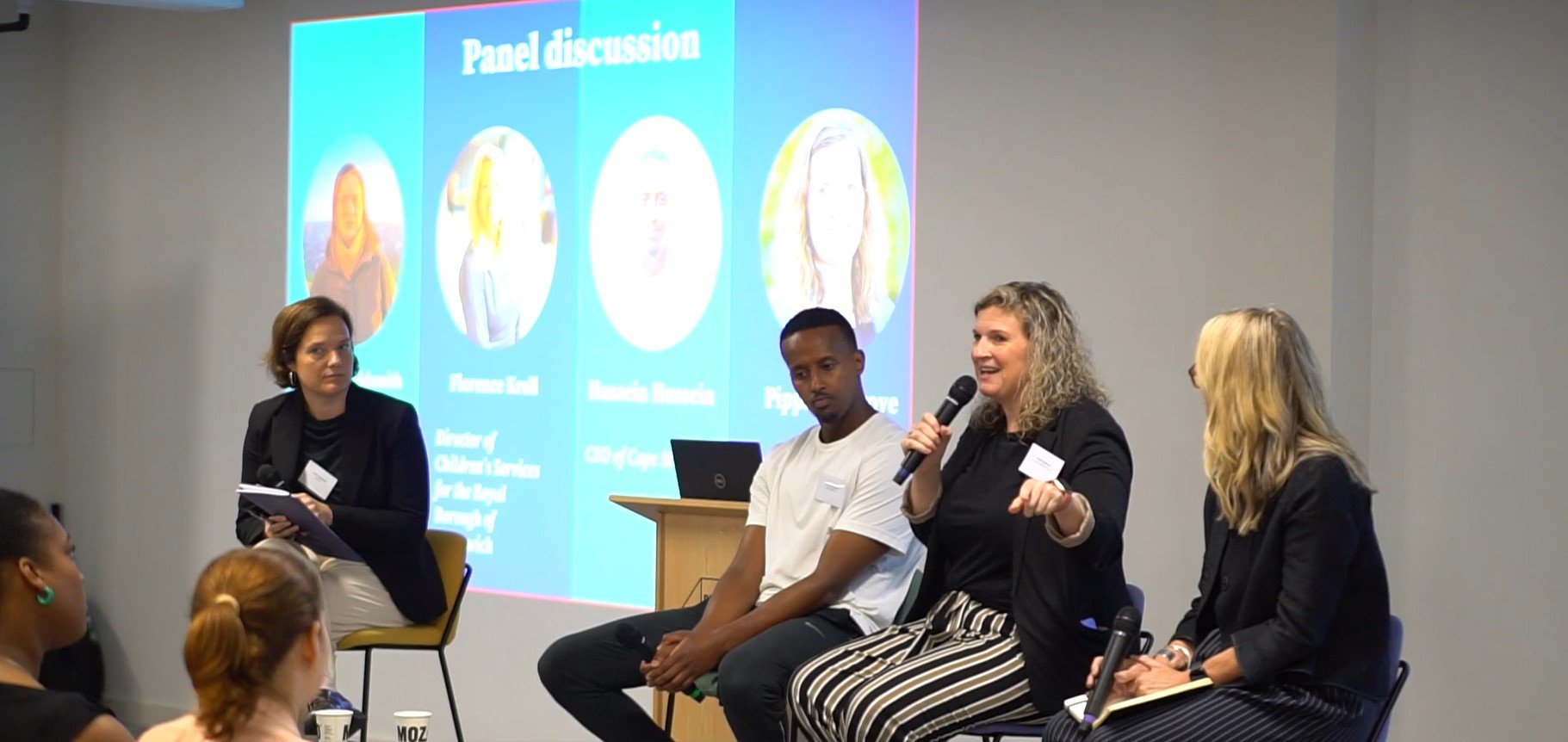School exclusions and suspensions across England have surged by over 20% in the 2023-24 academic year, revealing the deep challenges facing the country’s education system.
A report launched in September 2024 by the Who’s Losing Learning? Coalition, which includes our partner, Impetus, the Institute for Public Policy Research (IPPR), Mission44 and The Difference highlights the troubling scope of lost learning, especially among at-risk groups.
In 2022-23 alone, children lost 32 million days of learning due to exclusions, suspensions, and unauthorised absences. These missed days are more than a statistic, and represent a real barrier to future opportunities for students affected.
Disproportionate Impact
The analysis reveals that students from low-income families, those with special educational needs (SEN), and those with mental health challenges are at significantly higher risk.
Students eligible for free school meals, for instance, are nearly five times more likely to be permanently excluded compared to their peers. Exclusions also disproportionately impact students from Black Caribbean, Romani, and Irish Traveller backgrounds, who are more likely to be placed in alternative education settings away from mainstream schools.
Students with SEN and mental health needs face even higher exclusion rates, which limits their access to consistent educational support. In some areas, suspension rates are three times the national average.
Social and Economic Costs
The impact of exclusion goes beyond the classroom, as excluded students are more likely to face poor life outcomes; only 10% of excluded students passing GCSE English or Maths, which widens the attainment gap. The lifetime economic cost is significant: an estimated £1.6 billion per cohort of excluded students.
“This sobering report on school exclusions suggests we have lost sight of what we should care about most: the wellbeing and success of those children who experience hardship… Going forward, we need policy which ensures that those children who stand to gain the most from school do not continue to get the least.”
– Pepe Di’Iasio, ASCL General Secretary and Chair of the Who’s Losing Learning Solutions Council
A Call to Action: The Solutions Council
To address this pressing issue, the Who’s Losing Learning? Coalition has launched the Solutions Council, which will gather evidence from educational leaders, parents, and other stakeholders to develop actionable recommendations for reducing exclusions and ensuring that all students have access to quality education.
Be Part of the Solution: We Want to Hear From You!
The aim of this research is to reveal the extent of post-pandemic lost learning and its disproportionate impact on the most at-risk children. We are calling for contributions to the Coalition’s research to feed into their important Solutions Report which will be released in spring 2025.
You can help by contributing your evidence. The Coalition is looking for contributions from teachers, young people, schools, youth workers, academics, charities and anyone else working to improve educational outcomes for these children. Your valuable input will help influence meaningful changes that reduce lost learning.
Contribute to the Solutions Report Research
For detailed insights into the factors driving exclusion trends and proposed solutions, view the full report on the IPPR website and get to grips with the detailed report findings and rationale behind this urgent call for change. Alternatively, read the IPPR blog on the invisible crisis of lost learning.
The report was sponsored by the Who’s Losing Learning Coalition – Impetus, IPPR, The Difference and Mission44.
Author
Ellen Rowland, Communications Manager, with thanks to the Who’s Losing Learning? Coalition for their support and contribution.
